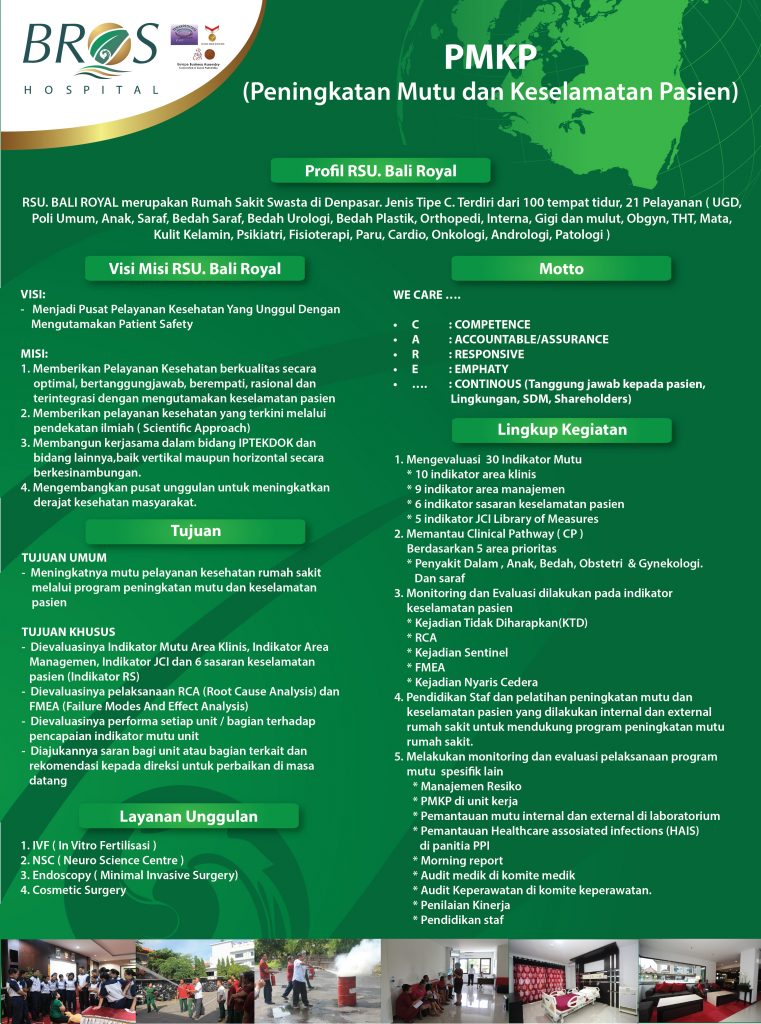
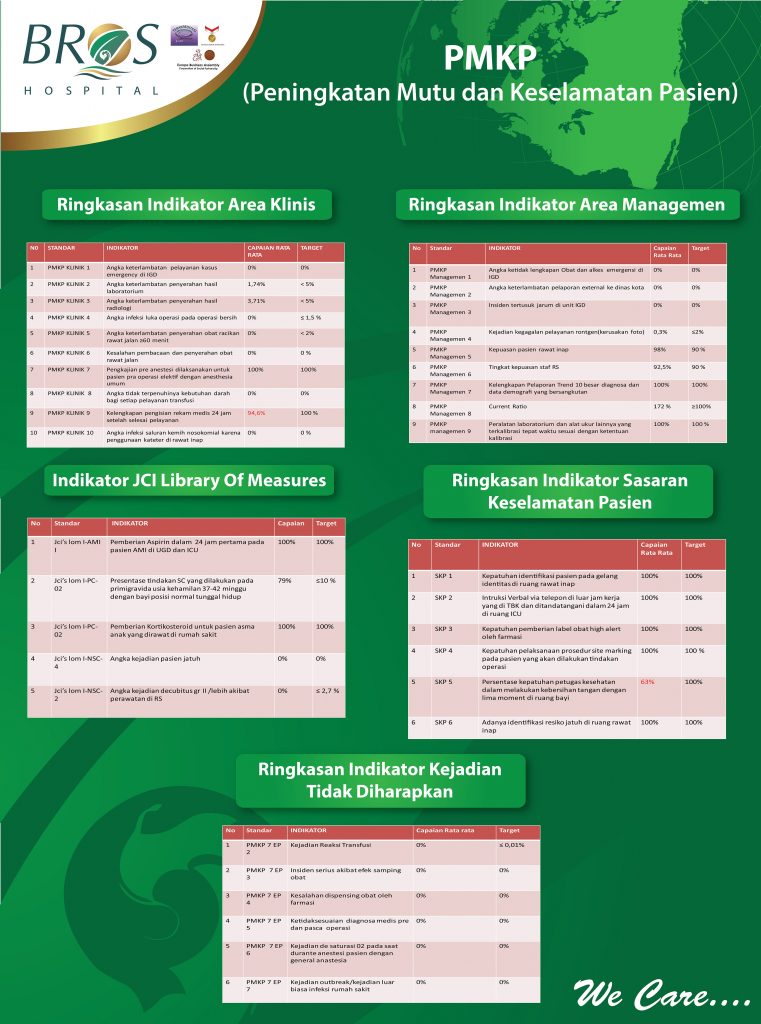
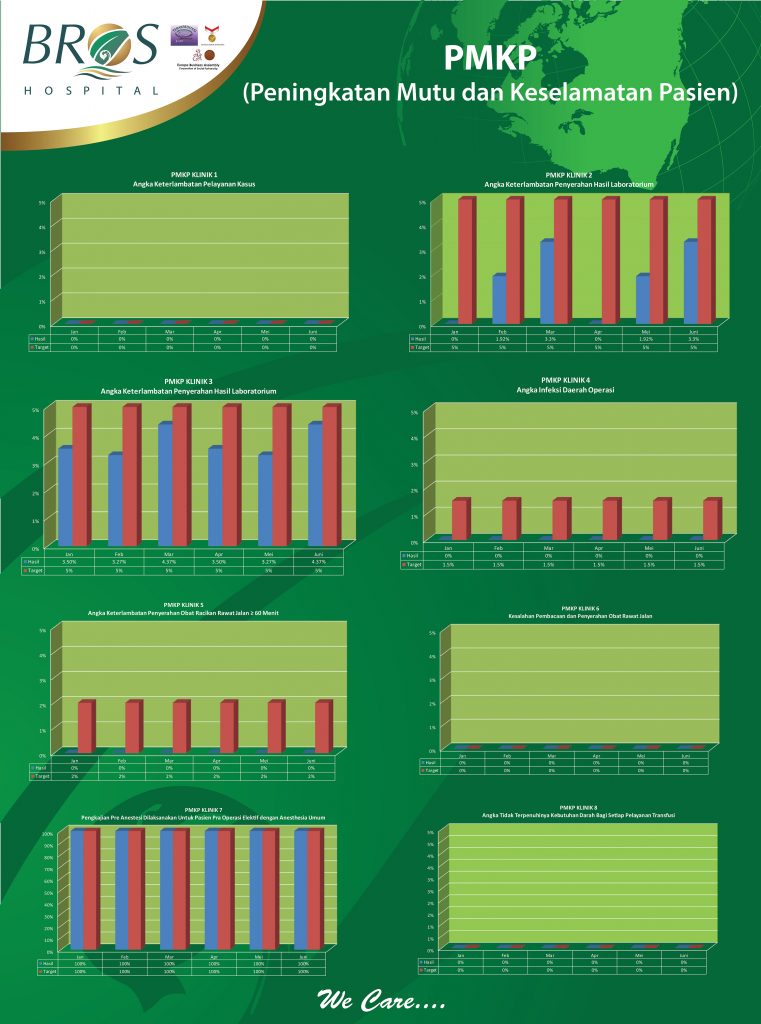
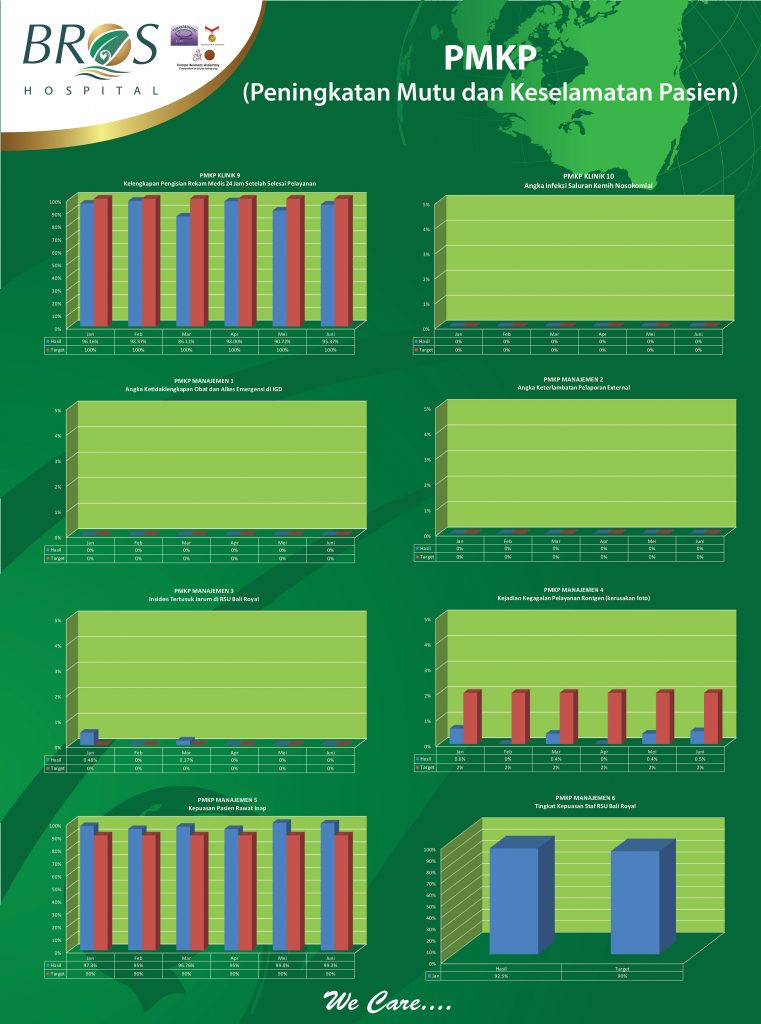
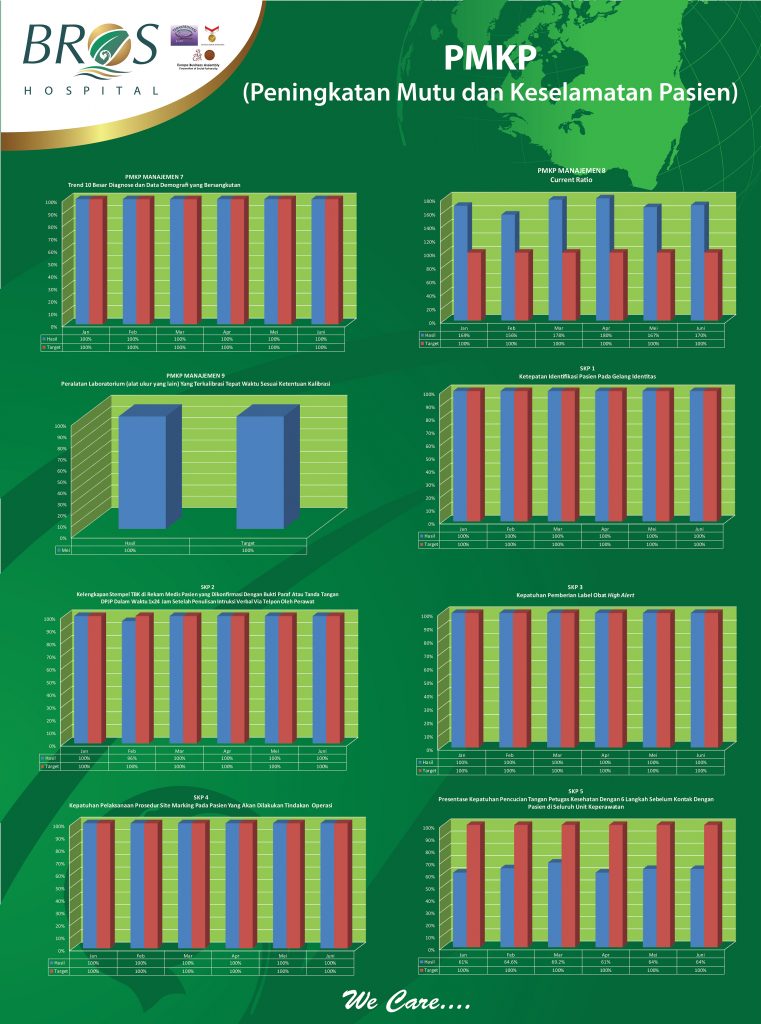
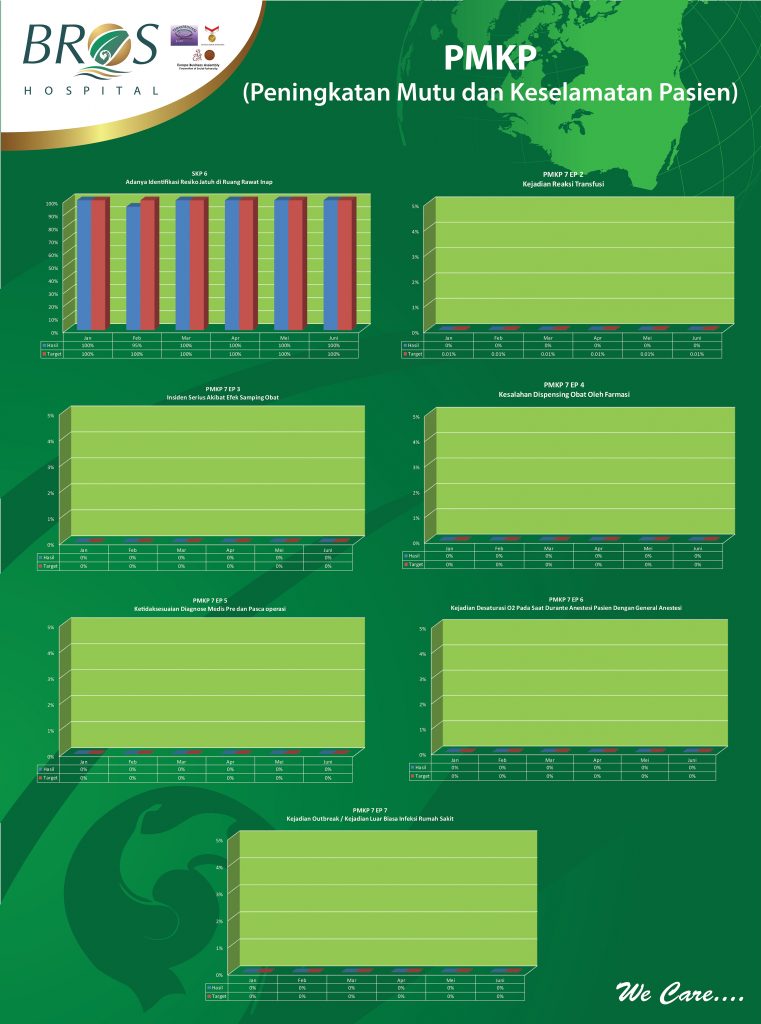
Bali Royal Hospital (BROS) with Indonesia Breastfeeding Mothers Association (Asosiasi Ibu Menyusui Indonesia (AIMI)), Thursday (6/7) has signed MOU on supporting breastfeeding campaign. This agreement was signed by director of PT Putra Husada Jaya and Head of AIMI Bali.
Breast milk supplies all of the necessary nutrients to promote healthy growth of the baby. Unfortunately, the awareness of the society on the importance of breast milk is very minimal. In this cooperation, both of the parties who signed the agreement agreed to cooperate in giving health and breastfeeding education. Through this agreement it is hoped that we could increase the understanding of the society on the importance of breastfeeding until the baby is 2 year old and the risks of giving formula milk to their baby.
The success of breastfeeding becomes a common challenge for all of us. Through cooperation and supports from many parties, BROS and AIMI hoped that we can improve the number of breastfeeding mother in Bali.

Segenap Direksi dan Staf Bali Royal Hospital mengucapkan Selamat Hari Raya Idul Fitri 1438 H
Mohon maaf lahir & batin
We Care….
On Friday (16/6), Bali Royal Hospital (BROS) held another social service and provide free health services to the general public. This social event and health service was held at Sindhu Beach, Sanur. In this event, BROS staffs work together to clean up the beach as a part of the social activities.
The beach clean-up action that was held as a part of 7th anniversary of BROS also supported the Jumat Bersih program which is a program every Friday of the Sanur VIllage. The event was opened with remarks by the Head of the Sanur Urban Village and the Director of Finance and Business Development of BROS. In her speech, Director of Finance and Business Development, Ida Ayu Oka Purnama Wati, SS, MM. said that the chosen location of Sindhu Beach in social activities is to provide services to the community around BROS.
All BROS employees joined the clean-up action by picking up trash around Sindhu Beach area. The event was then followed by free health services such as blood pressure check, blood sugar check and consultation with doctor for free. There were 157 people enrolled to participate in this health service. Participants are not only local people but some tourists who are in the area of Sindhu Beach are also seen enthusiastically participating and conducting consultations. All participants have the opportunity to consult with doctors and received education about healthy lifestyle.
Social service as part of anniversary is an annual agenda that always held every BROS anniversary. This activity is a form of BROS concern and is expected through this, BROS is able to contribute to the community and environment around the hospital.
Bali Royal Hospital (BROS) held blood donation event as a part of their 7th anniversary celebration, in cooperation with Bali Region Red Cross. This blood donation event was held on Friday, 9th of June 2017 at Imperium Hall Bali Royal Hospital.
This blood donation event is a routine agenda held annually by BROS. The purpose of this event is a form of BROS social awareness towards humanity. Through this activity, is expected to be able to help those in need.
In this blood donation action, BROS invites the society to participate in this activity to donate a drop of blood for humanity. At least more than 70 participants consisting of the society as well as doctors and BROS employees enlisted to participate in this blood donation event.
Out of all the participants who signed up, most of them are able to donate their blood. Only a small part who were not able to donate their blood because of their blood pressure and hemoglobin not in accordance with the requirements. This blood donation action held by BROS managed to collect 61 bags of blood.
This blood donation event as a part of the 7th anniversary of BROS runs successfully. This can be seen through the enthusiasm of the participants who helped support this event. The event is expected to foster a sense of solidarity.
Powered by: Bali Royal Hospital